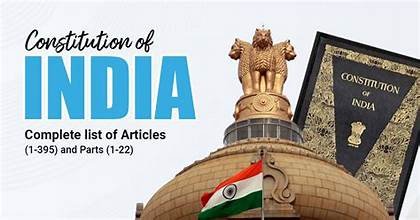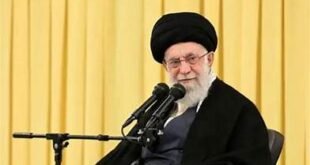Article 21 and Article 22 of the Indian Constitution are key provisions under Part III (Fundamental Rights), dealing with the protection of life, personal liberty, and safeguards against arbitrary arrest and detention. Below is a concise explanation of both articles:
Article 21: Protection of Life and Personal Liberty
- Text: “No person shall be deprived of his life or personal liberty except according to procedure established by law.”
- Explanation:
- This article guarantees the right to life and personal liberty to all persons (citizens and non-citizens).
- It ensures that the state cannot take away life or liberty without following a fair, just, and reasonable legal procedure.
- Over time, judicial interpretations (e.g., Maneka Gandhi v. Union of India, 1978) have expanded its scope to include:
- Right to live with dignity.
- Right to privacy.
- Right to education, health, clean environment, and more.
- The “procedure established by law” must be fair, reasonable, and not arbitrary, aligning with principles of natural justice.
Article 22: Protection Against Arrest and Detention
- Text: This article provides safeguards to individuals arrested or detained, divided into two parts:
- Protection for ordinary arrests (clauses 1 and 2):
- No person arrested shall be detained without being informed of the grounds of arrest as soon as possible.
- The arrested person has the right to consult and be defended by a legal practitioner of their choice.
- The person must be produced before the nearest magistrate within 24 hours of arrest (excluding travel time) and cannot be detained beyond this period without judicial authority.
- Preventive detention (clauses 3 to 7):
- These protections do not apply to persons detained under preventive detention laws or enemy aliens.
- Preventive detention laws allow detention without trial for up to three months to prevent activities prejudicial to national security, public order, etc.
- Safeguards for preventive detention:
- The detaining authority must communicate the grounds of detention to the person.
- The detainee has the right to make a representation against the detention.
- An Advisory Board reviews cases of detention beyond three months.
- Maximum detention period is prescribed by law, and Parliament can set limits.
- Protection for ordinary arrests (clauses 1 and 2):
Key Differences:
- Article 21 is broader, protecting life and liberty in general, while Article 22 specifically addresses rights during arrest and detention.
- Article 21 applies to all deprivations of liberty, whereas Article 22 provides procedural safeguards for arrests, including both punitive (after a crime) and preventive detention.
Significance:
- Article 21 is considered the cornerstone of fundamental rights, ensuring dignity and freedom.
- Article 22 balances state power (e.g., for security) with individual rights, preventing arbitrary arrests and ensuring due process.(pressmediaofindia.com)
 Pressmediaofindia
Pressmediaofindia




